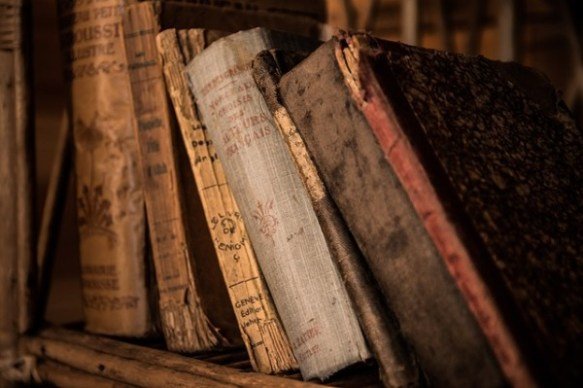I, too, dislike it: there are things that are important beyond all
this fiddle.
Reading it, however, with a perfect contempt for it, one
discovers in
it after all, a place for the genuine.
Hands that can grasp, eyes
that can dilate, hair that can rise
if it must, these things are important not because a
high-sounding interpretation can be put upon them but because
they are
useful. When they become so derivative as to become
unintelligible,
the same thing may be said for all of us, that we
do not admire what
we cannot understand: the bat
holding on upside down or in quest of something to
eat, elephants pushing, a wild horse taking a roll, a tireless wolf
under
a tree, the immovable critic twitching his skin like a horse that
feels a
flea, the base-
ball fan, the statistician--
nor is it valid
to discriminate against 'business documents and
school-books'1; all these phenomena are important. One must
make a distinction
however: when dragged into prominence by half poets, the
result is not poetry,
nor till the poets among us can be
'literalists of
the imagination'2--above
insolence and triviality and can present
for inspection, 'imaginary gardens with real toads in them'3, shall
we have
it. In the meantime, if you demand on the one hand,
the raw material of poetry in
all its rawness and
that which is on the other hand
genuine, you are interested in poetry.
--Marianne Moore, born this day in 1887
1. (Where the boundary between prose and poetry lies I shall never be able to understand. The question is raised in manuals of style, yet the answer to it lies beyond me. Poetry is verse: prose is not verse. Or else poetry is everything with the exception of business documents and school books.)
-- from diary of Tolstoy
2. From a comment by W. B. Yeats about William Blake: "The limitation of his view was from the very intensity of his vision; he was a too literal realist of imagination, as others are of nature; and because he believed that the figures seen by the mind's eye, when exalted by inspiration, were 'eternal existences,' symbols of divine essences, he hated every grace of style that might obscure their lineaments." (Source at Gutenberg.org)
3. One of the most striking moments in the poem is the phrase "imaginary gardens with real toads in them," a formulation Moore sets off with quotation marks even though, as far as I know, no one has ever identified a source. I suspect that Moore invented the image but, finding it a little too pat or studied, tempered and complicated her line by pretending it was a quotation. But who knows?
-- Robert Pinsky






